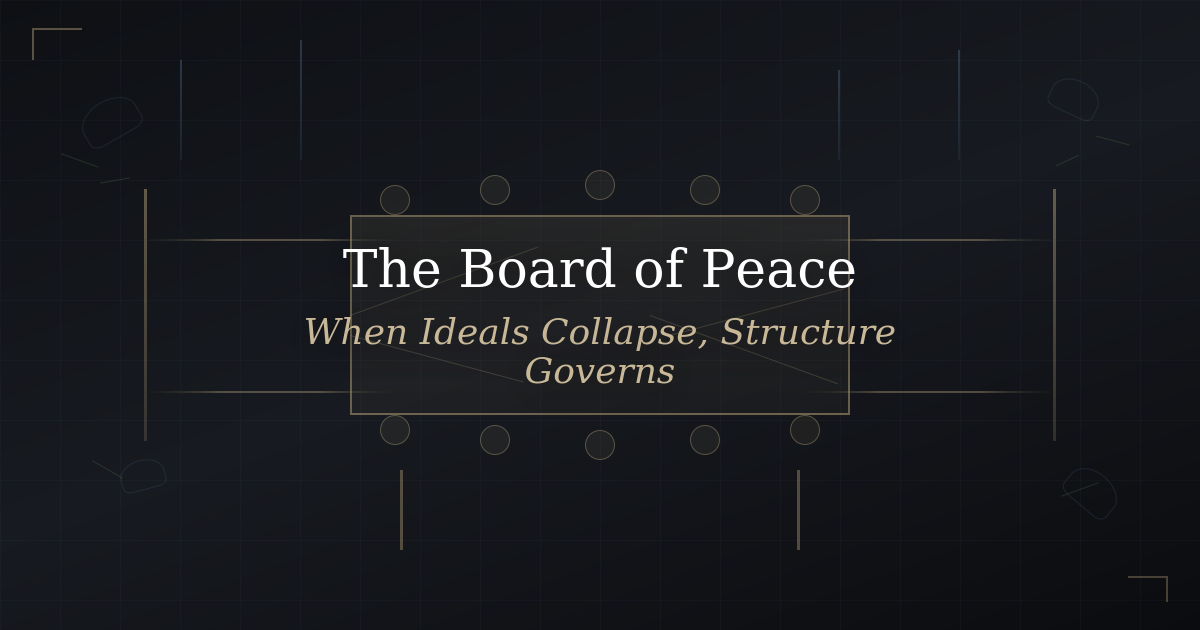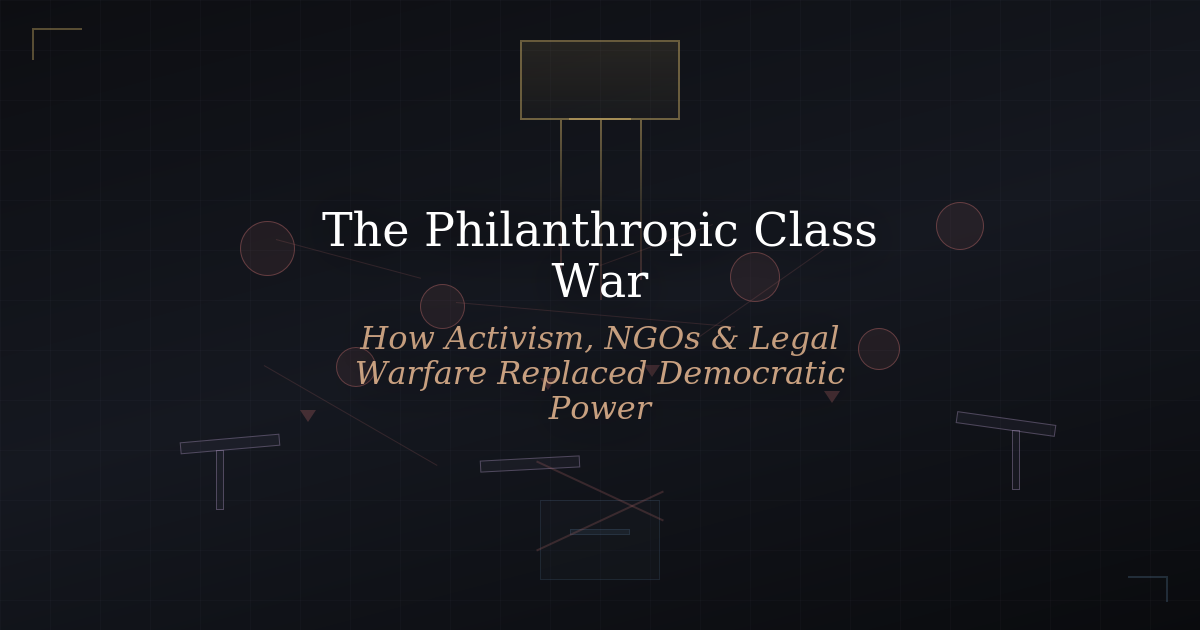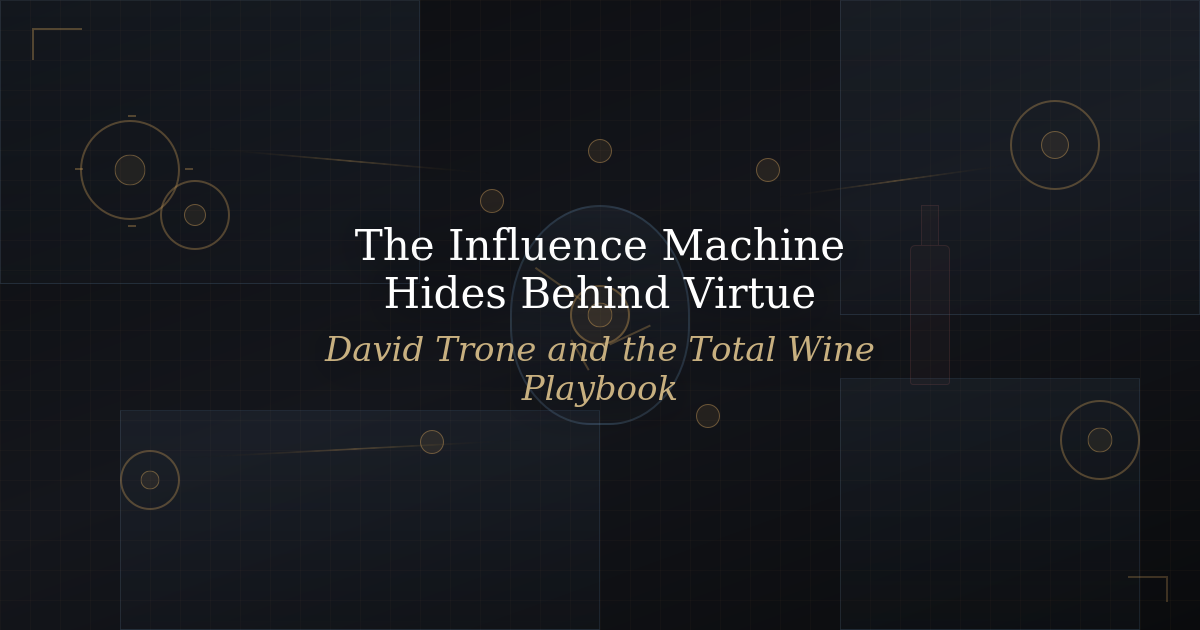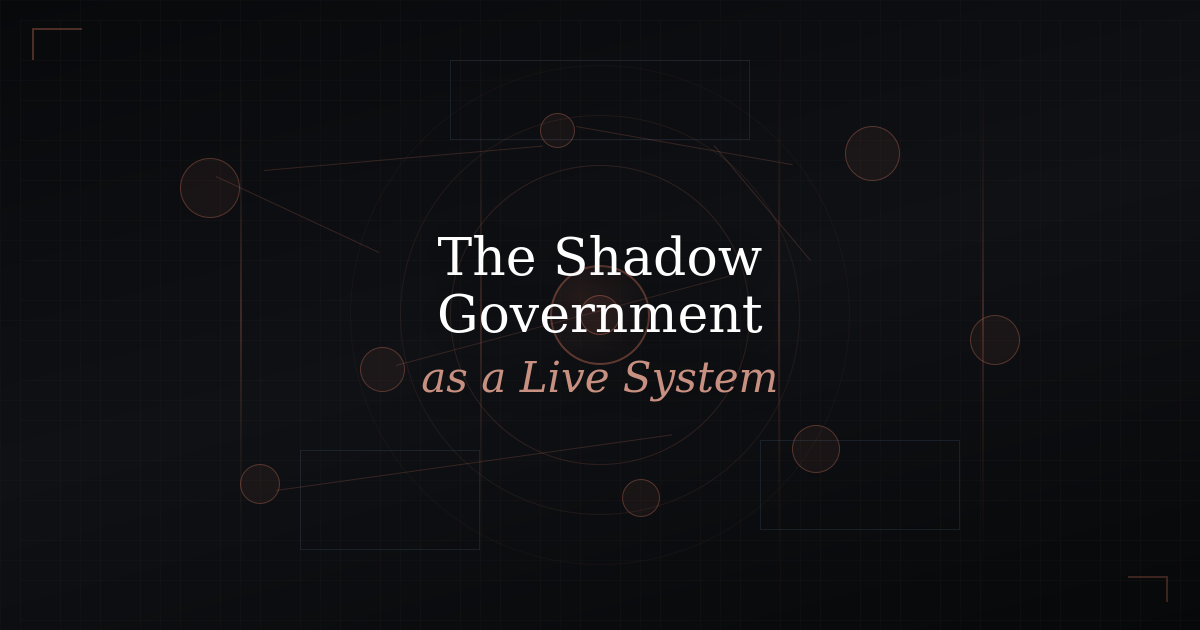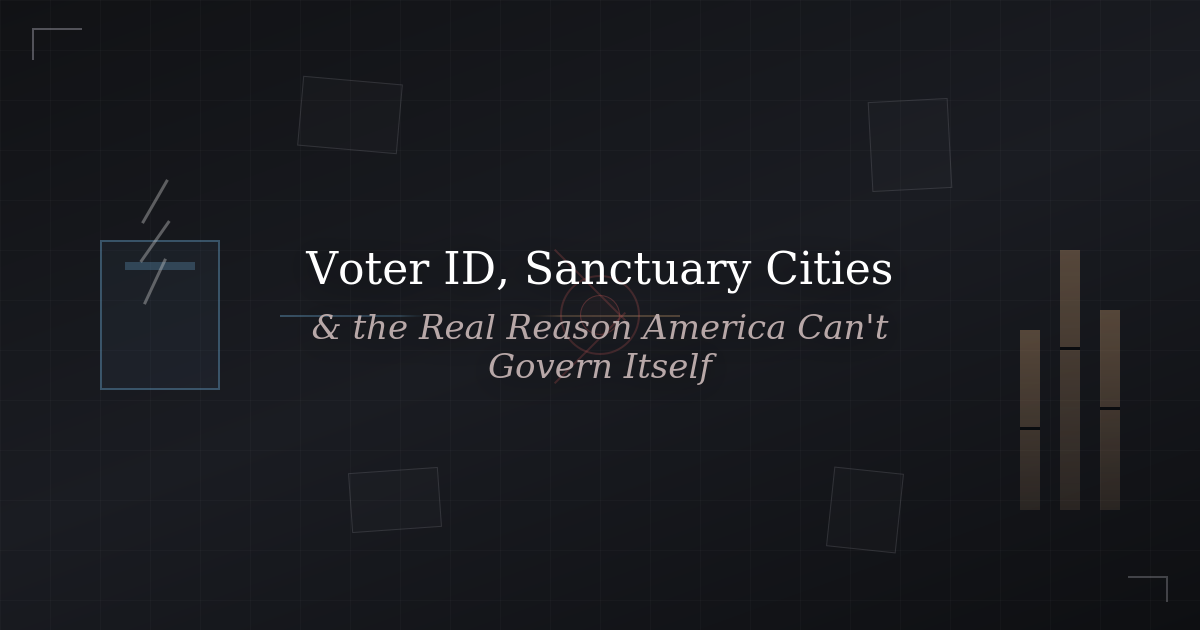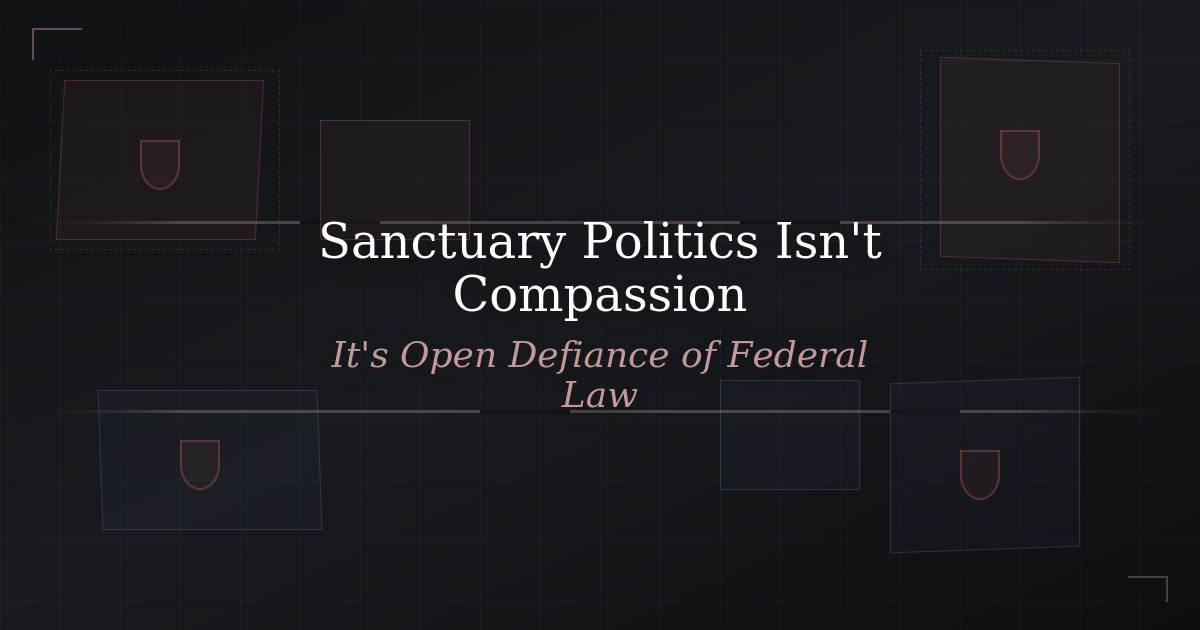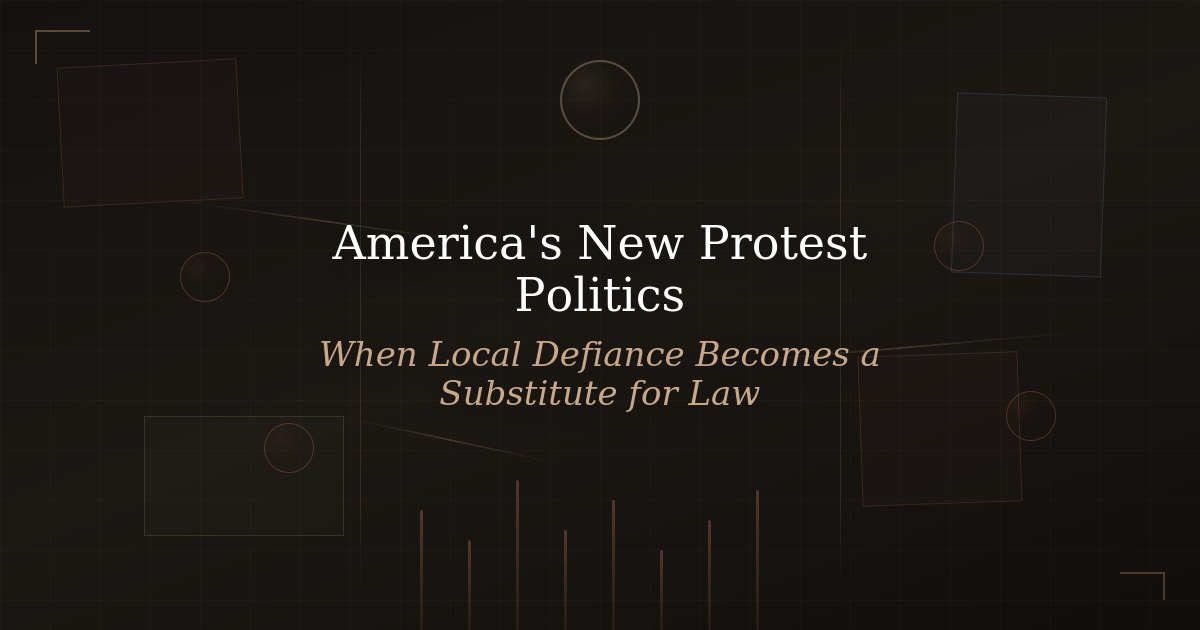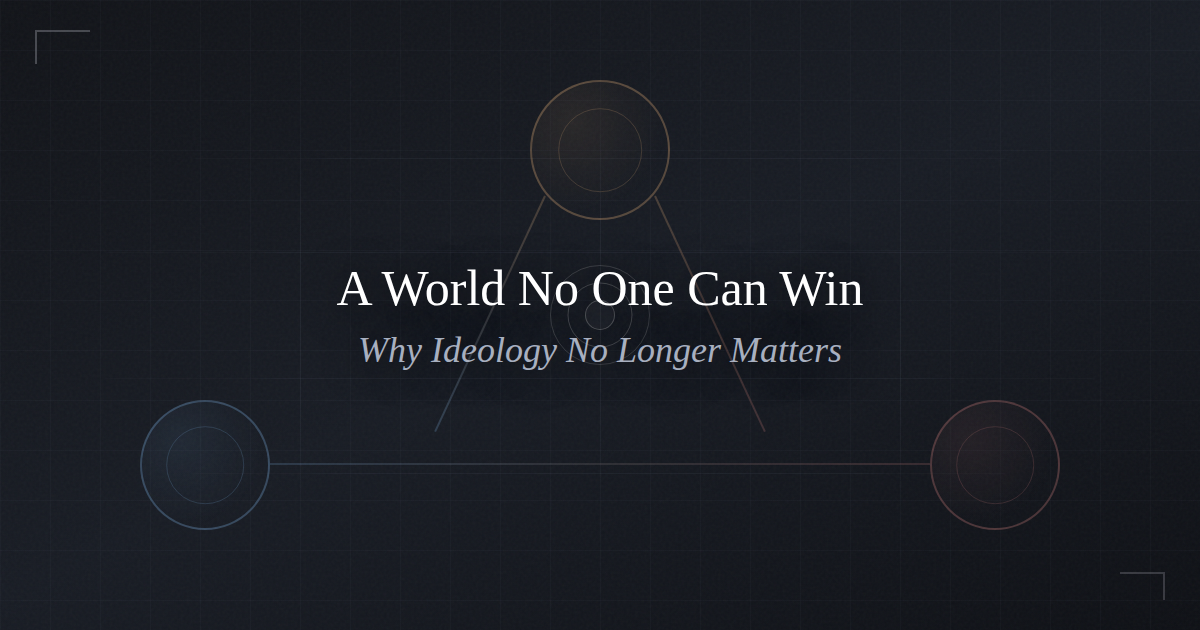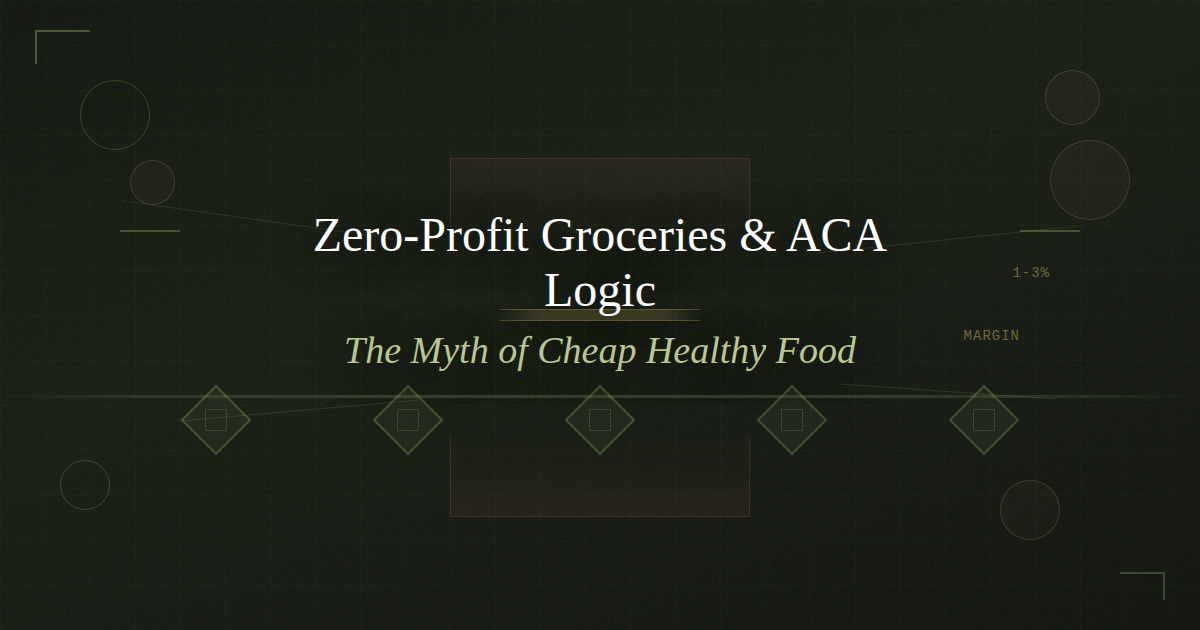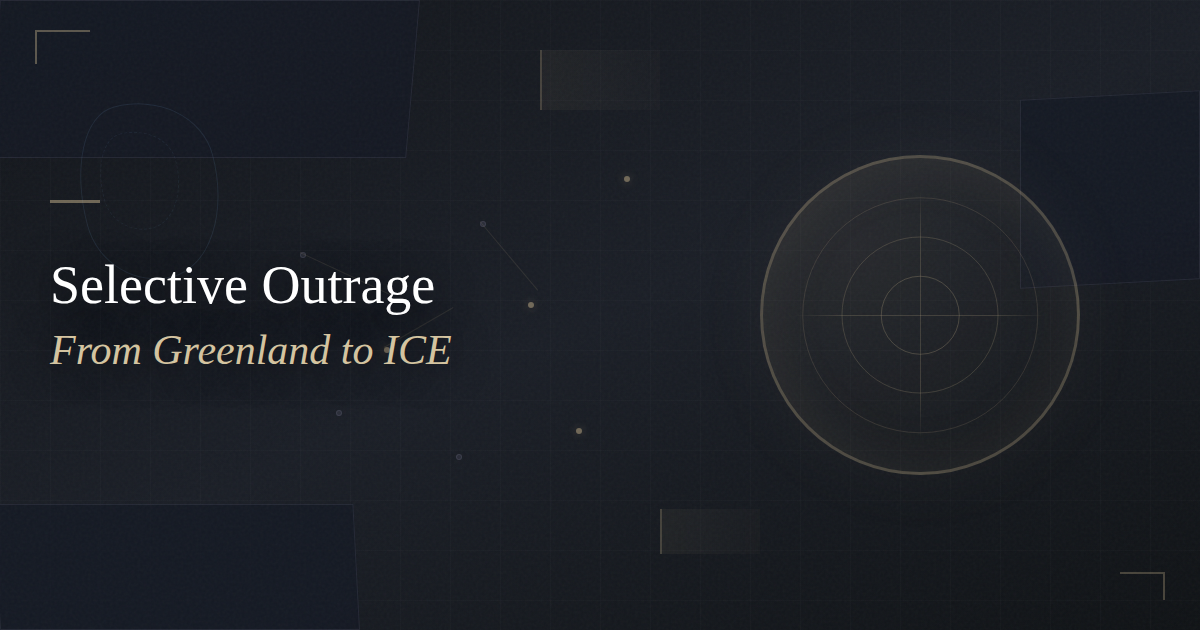The Return of Diplomacy and the Limits of Global Ideology
The Return of Diplomacy and the Limits of Global Ideology
The return of diplomacy raises a critical question: has the multicultural, global ideological
(translation needed) construct—encompassing the WHO, EU, The EU is in a tight spot. She has forgotten how to look at the world through the eyes of someone else. People talk about "diversity", but do not accept the new diversity of power
, WTO, NATO, and their supporting NGOs and global thinkers—finally reached its limits? The era of dictated Western values is giving way to a return to diplomacy and tolerance. One must ask whether the ACLU, International Law, and Human Rights Groups have become more akin to war mongers than actual peacekeepers through their global lawfare and unelected opinions. We no longer live in a colonization era, nor do we exist under a single hegemon—nations have risen, people have diverse interests, and the open society proves itself a delusion. Why not return to nation-building through global diplomacy, addressing local conflicts, and perhaps redirecting funds toward building economies without weapons—or at least minimizing armaments to defensive purposes? BRICS
, The BRICS do not pursue a shrill anti-Western policy, because most member states are not interested in deteriorating their relations with the West. However, they want to have options for the creation of political and economic relations that are free from US and European Union guidelines and mechanisms, (translate)
represents not a construct of diplomacy but one of equilibrium and protest—G7 versus G20 versus the rest of the world, reminiscent of small-town politics. Indeed, tariffs serve as an effective measure to achieve more equal trade. Meanwhile, those advocating for reparation payments curiously fail to protest the conditions of California agricultural workers
(who may not even meet minimum wage) or the workers assembling phones for fifty cents an hour while the "barons" rake in millions.
The Merkel-Obama Legacy and Its Consequences
Both Ms. Merkel
and Mr. Obama
have written memoirs—but did they actually write about freedom and the promised land, or merely attempt to justify their roles? Did both leaders, acting in a more dictatorial manner, steer their countries and the Western world into its current state, now explaining to the world that everyone else simply wasn't on the same page? Neither leader truly spoke the truth (translation needed)
. Germany's former chancellor considers dialogue with Russia to be the better option than the defiance of the coalition of the willing. Only, she would rather bite her tongue off than say so openly
. Perhaps they worked from childhood trauma toward an idealistic, ideological world—with good intentions, at least they still attempt to explain. However, neither addressed issues at the root
, choosing instead to deflect
and form agreements that kept problems at a distance, thus seeding mistrust and division— culminating in a coup
. Call it the Merkel-Obama War in Ukraine, with Biden merely lighting the fuse. The thing with Mrs. Merkel
Historical Echoes and Modern Parallels
Communist Russia's Gulag and its terror
serve as a stark reminder to the Western world of what could soon be repeated in New York
—grocery stores, apartments, schools, and other common goods becoming government-owned, with no one caring to maintain them. Nobody owns anything; it's all supposedly free—potentially making it easier for the elites (ideologists) to maintain control. The Central Committee adopted a series of measures (not published then or later) to implement its ambitious plans to transform the countryside. The "kulaks" were to be liquidated as a social group either by arresting and imprisoning them, or by deporting them and their families to remote regions, thereby neutralizing their opposition to the new collective farms (or kolkhoz). Tens of thousands of families would be sent to colonize the vast inhospitable regions of the Russian North, the Urals, Siberia and Kazakhstan.
War Profiteering and Political Conflicts of Interest
Is Boris Johnson fueling a war to enrich himself
? Harborne has wide expertise: a self-described "digital nomad", his
holdings
range from cryptocurrency and a wellness center to jet fuel and stakes in at least three military contractors. His only apparent connection to Ukraine is as the biggest shareholder in a British weapons manufacturer whose robots and drones are reportedly supplied to its armed forces,
Why are politicians allowed to hold roles in defense companies
or pharmaceuticals? Johnson was among the first to torpedo peace talks, and with German politicians on Rheinmetall's lobby list
(translation needed)
"Invoice to Rheinmetall please": A visit to Marie-Agnes Strack-Zimmermann. Germany's most popular warmonger of the hearts,
are we following generals and special interests into a total war that no one will win? Facts or fiction
—as No Kings Day
protests occur globally, Trump is busy making peace. Is he becoming a kind of king? However, in countries that still have a monarchy,
the motto 'No Tyrants' or 'No dictators' has been adopted.
This represents an upgrade from "NAZI," but the real motto remains " WE HATE TRUMP"—demonstrations are fine, but let's be honest about motivations. Perhaps one day he will become a King of Peace, even without a Nobel Prize. John Lennon would certainly support it
—surely many of today's war mongers once danced to his tune with flowers in their hair?
Economic Protectionism and Technological Sovereignty
The Dutch have gone on the offensive, protecting chip production
—another strategic move supported by the Trump administration. The Hague's intervention to block Nexperia's relocation has angered Beijing, triggering export bans and new strain on Europe's tech sector
The rationalist delusion refers to the belief that human reasoning is the primary path to moral truth, suggesting that rational thought leads to moral behavior, which is critiqued by Jonathan Haidt as a misconception.
Understanding the Rationalist Delusion
The term "rationalist delusion" is prominently discussed by Jonathan Haidt, who argues that the belief in reason as the ultimate guide to moral truth is misguided. This delusion posits that reasoning is our most noble attribute, akin to a divine quality, and that those who reason well are inherently more moral. However, Haidt challenges this notion by highlighting several key points.

